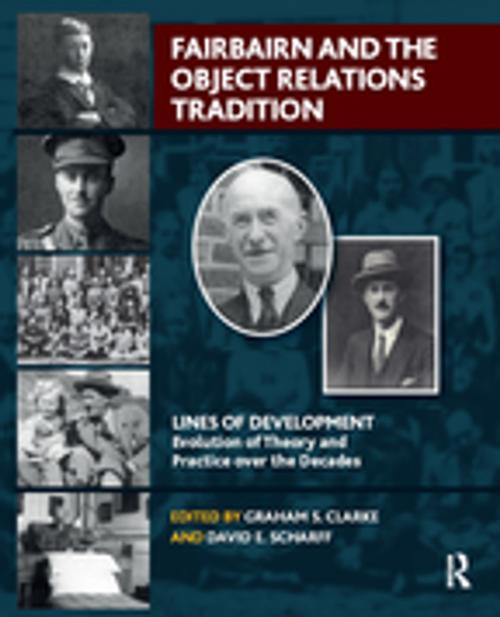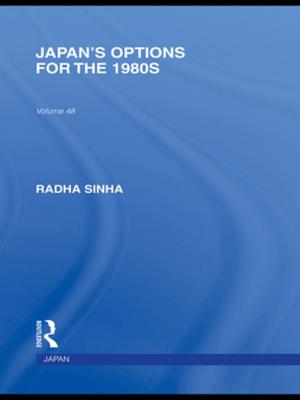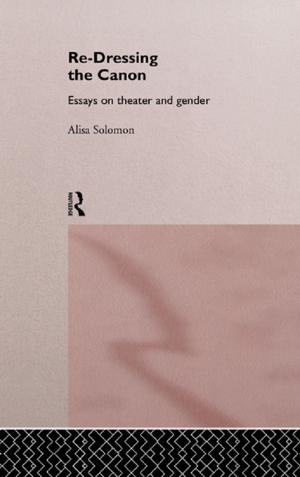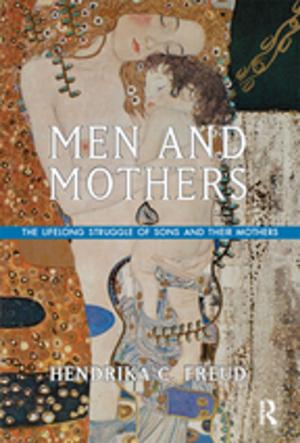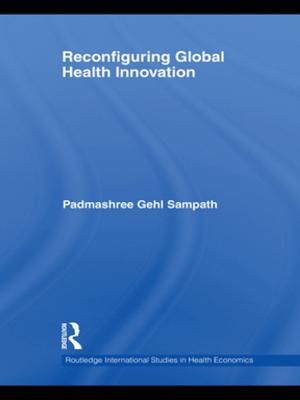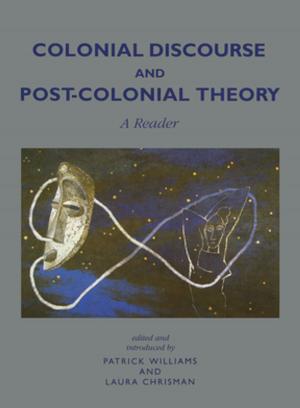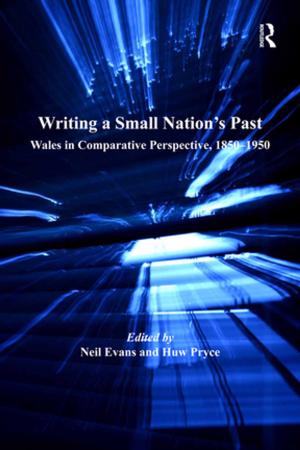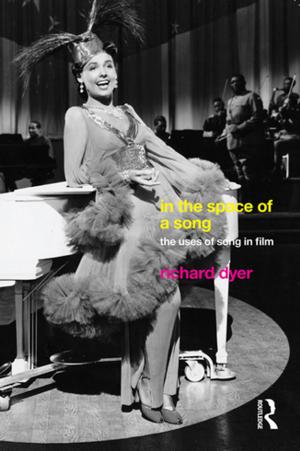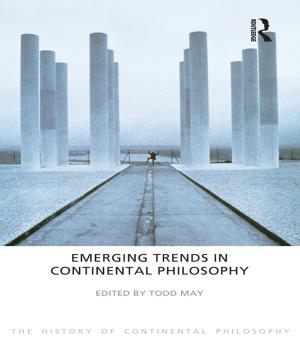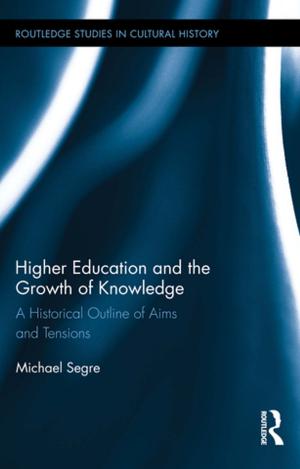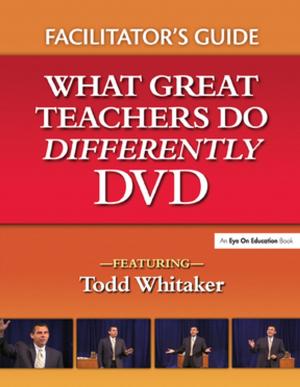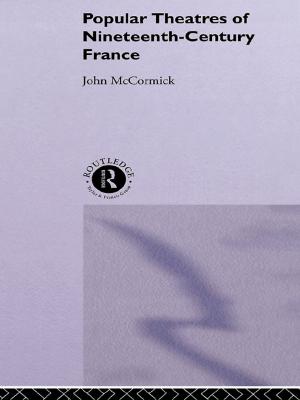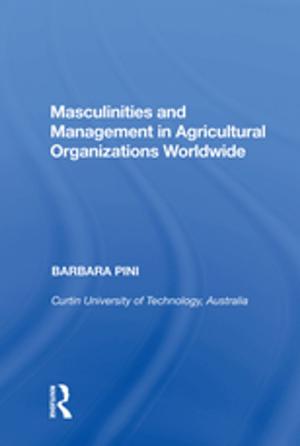Fairbairn and the Object Relations Tradition
Nonfiction, Health & Well Being, Psychology, Mental Health| Author: | Graham S. Clarke | ISBN: | 9780429913532 |
| Publisher: | Taylor and Francis | Publication: | March 8, 2018 |
| Imprint: | Routledge | Language: | English |
| Author: | Graham S. Clarke |
| ISBN: | 9780429913532 |
| Publisher: | Taylor and Francis |
| Publication: | March 8, 2018 |
| Imprint: | Routledge |
| Language: | English |
Ronald Fairbairn developed a thoroughgoing object relations theory that became a foundation for modern clinical thought. This volume is homage to the enduring power of his thinking, and of his importance now and for the future of relational thinking within the social and human sciences. The book gathers an international group of therapists, analysts, psychiatrists, social commentators, and historians, who contend that Fairbairn's work extends powerfully beyond the therapeutic. They suggest that social, cultural, and historical dimensions can all be illuminated by his work. Object relations as a strand within psychoanalysis began with Freud and passed through Ferenczi and Rank, Balint, Suttie, and Klein, to come of age in Fairbairn's papers of the early 1940s. That there is still life in this line of thinking is illustrated by the essays in this collection and by the modern relational turn in psychoanalytic theory, the development of attachment theory, and the increasing recognition that there is 'no such thing as an ego' without context, without relationships, without a social milieu.
Ronald Fairbairn developed a thoroughgoing object relations theory that became a foundation for modern clinical thought. This volume is homage to the enduring power of his thinking, and of his importance now and for the future of relational thinking within the social and human sciences. The book gathers an international group of therapists, analysts, psychiatrists, social commentators, and historians, who contend that Fairbairn's work extends powerfully beyond the therapeutic. They suggest that social, cultural, and historical dimensions can all be illuminated by his work. Object relations as a strand within psychoanalysis began with Freud and passed through Ferenczi and Rank, Balint, Suttie, and Klein, to come of age in Fairbairn's papers of the early 1940s. That there is still life in this line of thinking is illustrated by the essays in this collection and by the modern relational turn in psychoanalytic theory, the development of attachment theory, and the increasing recognition that there is 'no such thing as an ego' without context, without relationships, without a social milieu.
